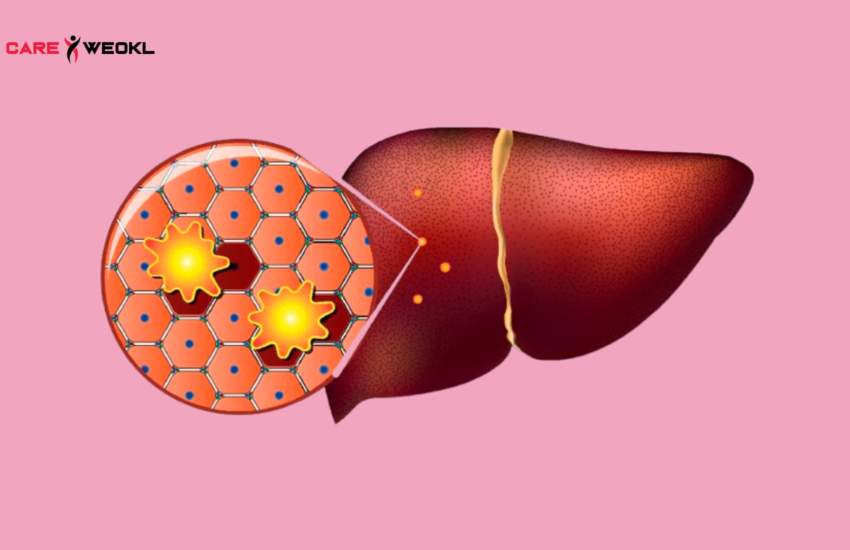12 Facts About Farting You Probably Didn’t Know
Farting, also known as flatulence, is a normal part of the digestive process that everyone goes through. While it’s often a source of embarrassment or humor, farting is more than just a surprise. In this article, we’ll reveal 12 surprising facts about farting that you probably didn’t know.
- The average person farts 14 to 23 times a day
On average, people fart 14 to 23 times a day. This number can vary depending on diet, lifestyle, and individual digestive health.
Fun fact: Even if you don’t realize it, you probably fart regularly throughout the day.
- Farting is a sign of gut health
Farting is a normal part of the digestive process and a sign that your gut bacteria are active. It indicates that your digestive system is breaking down food properly.
Tip: Frequent farting can be a positive indicator of good gut health.
- Gas is made up of several gases
Gas is made up of a mixture of gases, including nitrogen, oxygen, carbon dioxide, hydrogen, and methane. The distinctive smell comes from trace amounts of sulfur-containing compounds.
Did you know? The composition of gas varies depending on your diet and gut bacteria. - High-fiber foods increase gas production
High-fiber foods, such as beans, lentils, and broccoli, are known to cause more gas because they are harder for your digestive system to break down.
Why? These foods ferment in your intestines, producing more gas as a byproduct.
- Men tend to produce more gas than women
Studies suggest that men are generally more gas-producing than women, possibly due to differences in diet and metabolism.
Interesting fact: Hormonal fluctuations in women can also affect gas production. - Holding in gas can be harmful
Holding in gas can lead to discomfort and bloating. In extreme cases, it can cause abdominal pain or lead to digestive problems.
Tip: It’s best to pass it when you can, preferably in private.
- Some medications can make flatulence worse
Medications like antibiotics can upset the balance of gut bacteria, leading to increased gas production.
Note: If you notice a significant increase in gas after starting a new medication, consult your doctor.
- Your diet can affect the smell of your gas
Foods high in sulfur, such as eggs, meat, and garlic, can make your gas smell worse.
Example: Reducing sulfur-rich foods can help reduce the smell.
- Gas can travel at 10 feet per second
Gas can travel at speeds of up to 10 feet per second (about 7 miles per hour).
Fun fact: Despite its speed, most gas is inaudible or barely noticeable.
- Farting Helps Relieve Bloating and Discomfort
Farming can help reduce feelings of bloating and abdominal discomfort, especially after meals.
Tip: If you feel bloated, passing gas can provide instant relief.
- Farting While Sleeping Is Common
Most people fart while sleeping without realizing it. This happens because the muscles that control gas release relax during sleep.
Interesting Fact: Flatulence at night is completely normal and usually goes unnoticed.
- Some Cultures View Farting Differently
In some cultures, farting is considered a normal and funny part of life, while in others it is viewed as rude or impolite.
Fun Fact: Cultural perceptions of farting vary widely around the world.
Conclusion:
Farming is a natural and necessary bodily function that plays a crucial role in maintaining a healthy digestive system. While it can be a source of embarrassment, understanding the science behind it can help demystify and normalize the process. The next time you pass gas, remember these amazing facts and embrace the humor and health behind it.



